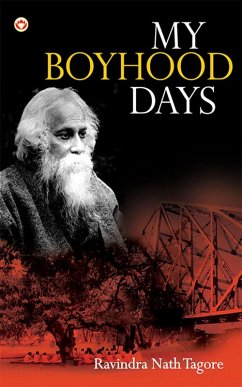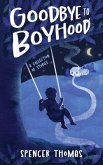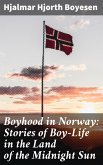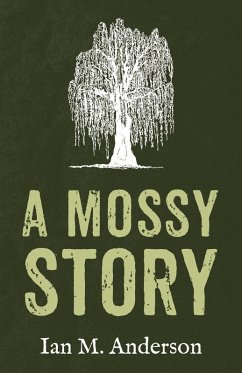Rabindranath Tagore was such a poet whose passion was to depict human emotions and sentiment as such. He was a poet who knew the pulse of humankind. He made us ever aware of life?s unending saga. Since childhood he used to be immersed in the world of poetry and dreamt of the natural beauty outside the four walls of his house. He never acquired any training in the art of Painting.
Dieser Download kann aus rechtlichen Gründen nur mit Rechnungsadresse in A, B, BG, CY, CZ, D, DK, EW, E, FIN, F, GR, HR, H, IRL, I, LT, L, LR, M, NL, PL, P, R, S, SLO, SK ausgeliefert werden.









